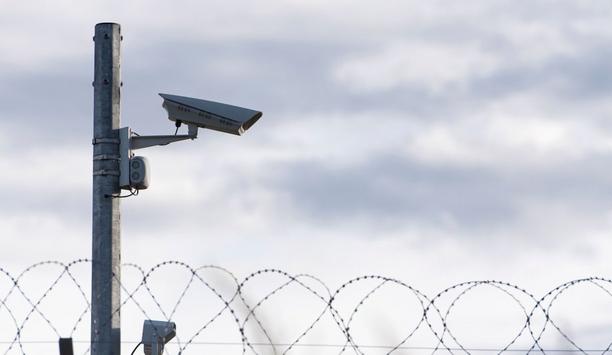According to the BSIA, the size of the Cash and Valuables in Transit (CVIT) operation in the UK in 2006 was estimated at £1.4 billion to £2 billion being transported per day across a fleet of 3,500 vehicles.
Additionally they reported that attacks against couriers had increased exponentially.
The industries response has been a CVIT Crime Reduction Charter drawn up with the support of the Home Office in 2007. The Charter laid down the foundations of a partnership of the CVIT industry, the security industry and the authorities. The details of this initiative can be found here.
Even with initiatives like this in place, CVIT attacks continue to be a thorn in the side of the industry.
In 2009, Concept Smoke Screen were approached by one of the country's pre-eminent cash couriers, G4S, and asked to partner with them on the development of new technology specifically aimed at defending against the risks associated with ATM replenishment.
One of the main problems with this activity is that the operation had moved to an out of hour's service, and as such had made itself a prime target.
Where previously criminals had made a focus on snatching money as it crossed the pavement, they now wait until it is all in the premises it is being delivered to and perform a smash and grab style attack when the most money is vulnerable.
According to G4S, 25% of all attacks they suffer are now performed in this manner.
The requested technology was a Smoke Screen generator that required the following characteristics:
- Portable
- Lightweight (less than 12.5Kg)
- Powerful
- Short warm up cycle
- Simple operation
- Panic activation
In order to meet these requirements, Concept Smoke Screen borrowed parts from their extremely successful E+ Series and performed substantial re-engineering to produce the Guardian Smoke Screen and Securi-Dock.
The product overcomes a number of issues that had previously prevented a more standard installation of a security-fogging generator in a risk area.
The financial institutes that G4S services were concerned with the possibility of false activation during trading hours. G4S themselves did not want to carry a live Smoke Screen generator on a CIT vehicle for the same reason. Additionally, a fully portable solution such as the Rapid Deploy manufactured by Concept Smoke Screen would not fully address the risks presented. Consider, if the Smoke Screen unit were fully portable, then the guard that deployed it would need to make a judgement call at each individual site as to the best location to place the generator. In order to add off mains power support to the unit it would need to house its own battery, adding unwanted weight.
In the event of an attack, the guards trigger the Guardian system remotely, which generates a ferocious burst of dense, screening security fog |
With the Guardian Smoke Screen and Securi-Dock combination, the following features are possible:
- Due to an incredibly short heat up cycle (less than 90 seconds), the Guardian can remain in an off power state while on a CIVT vehicle. This means no possibility of accidental activation in transit. Equally, because the Guardian is only present in the financial institute out of hours and when it is actually required, there is no possibility of activation during trading hours.
- The Securi-Dock is installed at the financial institute in a pre-determined location best suited to defending the risks, so there is no judgement call on the part of the guard deploying the product.
- Off mains power support is achieved as the Securi-Dock houses an Uninterruptable Power Supply as well as a secure locking station for the Guardian to protect it against attack.
In the event of an attack, the guards trigger the Guardian system remotely, which generates a ferocious burst of dense, screening security fog which confronts intruders and drives them away empty handed.
At IFSEC 2009, the Guardian Smoke Screen was honoured with the Physical Security Product of the Year award after being selected by a panel of top industry judges as the most innovative product in its class.
The system is on long-term trial with a major financial institute, and to date, there have been no attacks at the sites in which it has been implemented.











